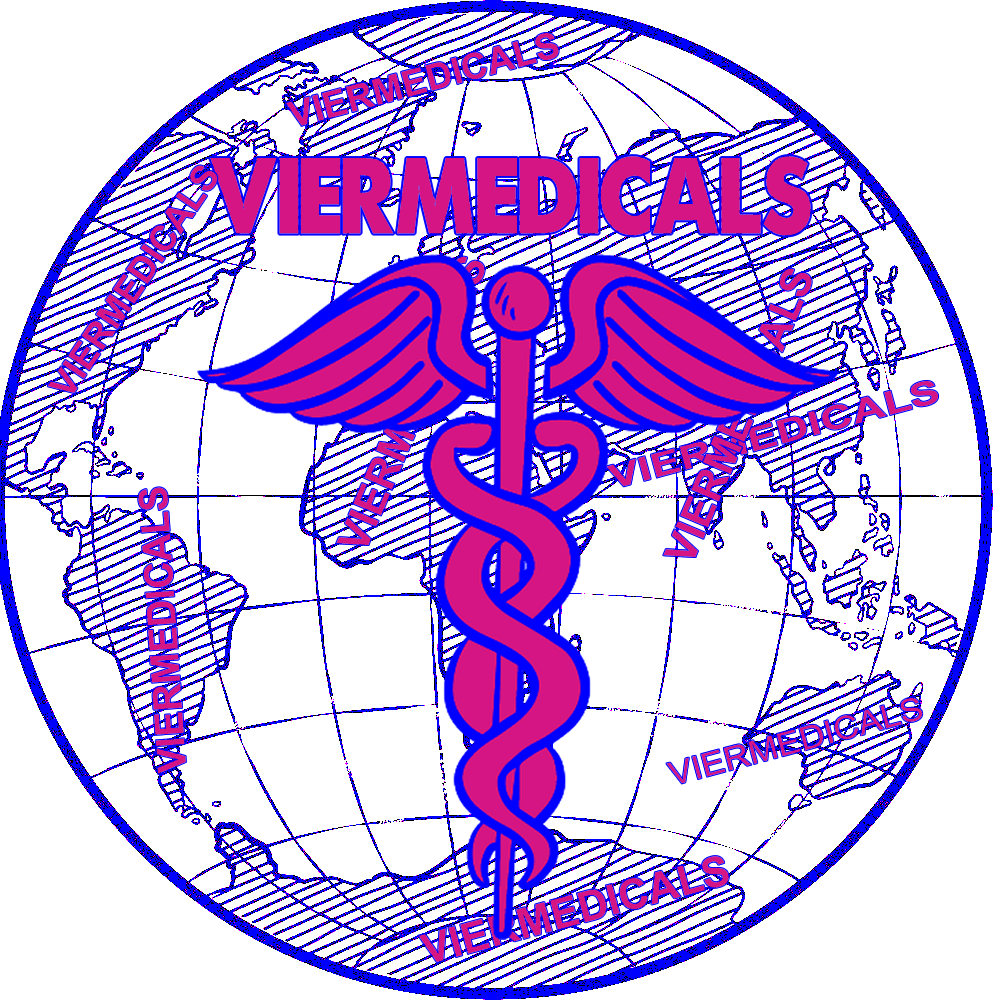
Infusion Pump
Infusion Pump Technology: Ensuring Precision and Patient Safety in Fluid and Medication Delivery
Infusion pumps are critical tools in modern healthcare, enabling the precise and controlled delivery of fluids, medications, and nutrients to patients. As healthcare professionals, understanding the nuances of infusion pump technology is essential for ensuring optimal patient outcomes and safety.
Why Infusion Pumps Matter:
Unlike manual administration, infusion pumps offer:
- Precision: Infusion pumps deliver fluids and medications at precise rates, ensuring accurate dosing and reducing the risk of over- or under-infusion.
- Control: Pumps provide precise control over the rate, volume, and duration of infusions, allowing healthcare professionals to tailor treatment to individual patient needs.
- Safety: Infusion pumps incorporate various safety features, such as alarms and automatic shutoff mechanisms, to minimize the risk of medication errors and adverse events.
- Efficiency: Pumps automate the delivery of fluids and medications, freeing healthcare professionals to focus on other aspects of patient care.
- Accurate Dosing: Precisely program flow rates and volumes, minimizing the risk of medication errors.
- Consistent Delivery: Maintain constant infusion rates, even over extended periods, ensuring therapeutic effectiveness.
- Workflow Efficiency: Automate fluid and medication delivery, freeing up valuable nursing time for other critical tasks.
Key Safety Features:
Modern infusion pumps are equipped with sophisticated safety mechanisms to mitigate potential risks:
- Air-in-Line Detectors: Instantly halt infusion and trigger alarms if air bubbles are detected in the tubing.
- Occlusion Sensors: Monitor for pressure changes in the line, alerting clinicians to blockages, kinks, or infiltration.
- Anti-Free-Flow Mechanisms: Prevent accidental bolus delivery when the pump is not correctly primed or connected.
- Battery Backups: Ensure uninterrupted operation during power outages, crucial for critical infusions.
Types of Infusion Pumps:
Large Volume Pumps:
- Designed for administering large volumes of fluids, such as saline solutions, parenteral nutrition, or blood products.
- Often utilize peristaltic pump mechanisms, where rollers compress tubing to propel fluids forward.
Small Volume Pumps:
Ideal for precise delivery of small volumes of medications, such as insulin or chemotherapy drugs.
- Employ syringe or piston mechanisms to accurately control fluid flow.
- Ideal for delivering smaller, more precise doses of medications, including hormones, opioids, and chemotherapy drugs.
- Commonly employ syringe pump mechanisms, where a motorized plunger controls the injection rate.
Specialized Pumps:
- Patient-Controlled Analgesia (PCA) Pumps: Empower patients to self-administer pain medication within safe limits.
- Insulin Pumps: Provide continuous subcutaneous insulin infusion for patients with diabetes.
Example: ARGUS 707 V and 708 V Infusion Pumps.
These advanced pumps exemplify modern infusion technology:
- Precise Infusion Rates: From 0.1 to 999.9 ml/h in 0.1 ml/h increments.
- Advanced Safety Features: Include air bubble and drop detectors, occlusion pressure sensors, and anti-free-flow mechanisms.
- User-Friendly Interface: Offers intuitive programming, clear displays, and customizable alarms.
- Enhanced Connectivity: Supports data transfer capabilities and integration with hospital information systems.
The Importance of Quality and Training:
Choosing high-quality infusion pumps with robust safety features is paramount. Furthermore, ongoing training for healthcare professionals is crucial to ensure:
- Proper Pump Operation: Understanding programming, priming procedures, and troubleshooting techniques.
- Safety Protocol Adherence: Emphasizing the importance of line monitoring, alarm management, and recognizing potential complications.
- Patient Education: Communicating effectively with patients about pump use, safety precautions, and potential side effects of medications.
By staying informed about advancements in infusion pump technology and prioritizing patient safety, healthcare professionals can leverage these vital tools to enhance patient care and improve treatment outcomes.
For further product information about infusion pumps, click our link [https://viermedicals.com/shop/]










Leave a Reply